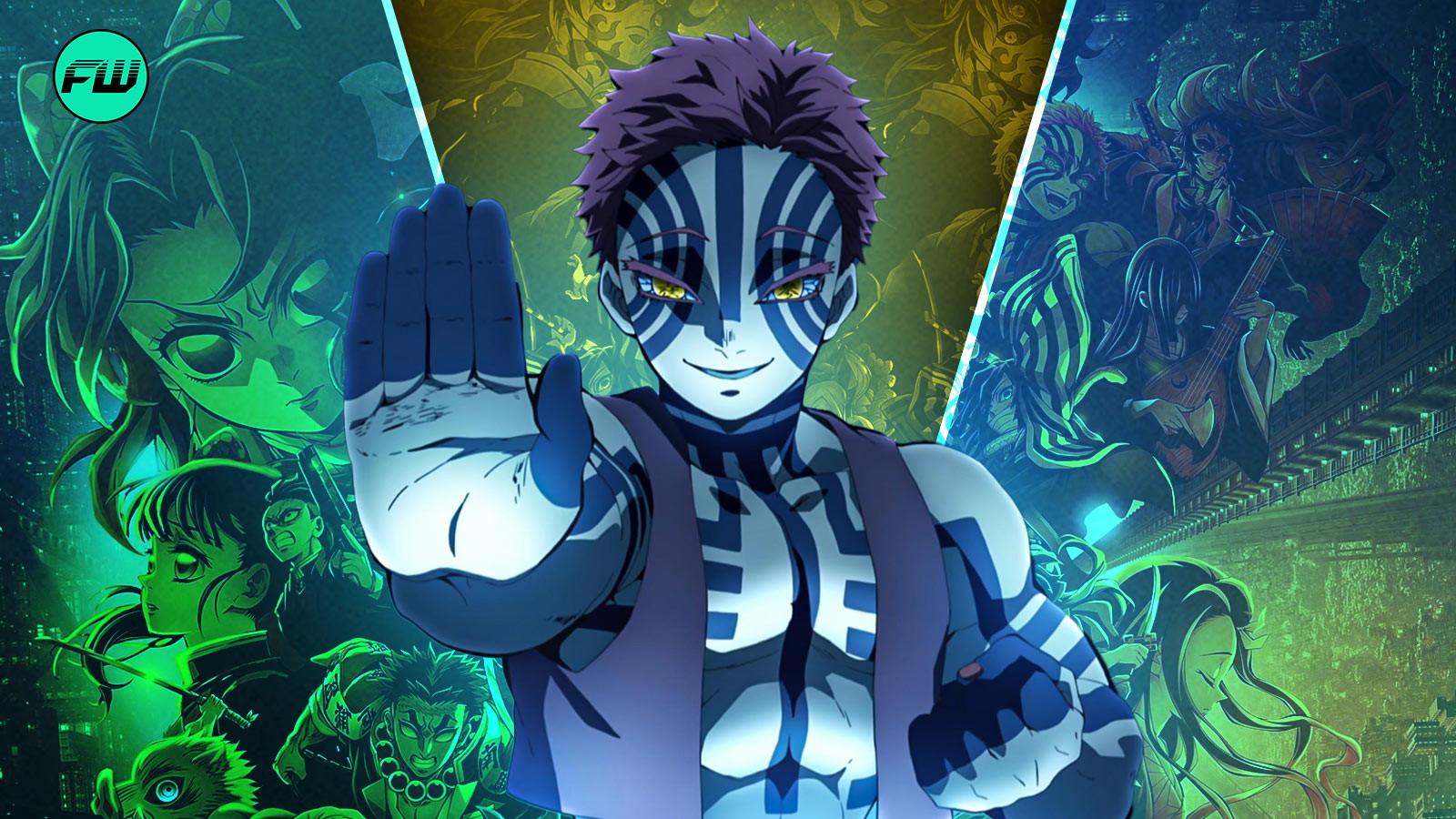
Demon Slayer follows a hierarchical structure to introduce the characters, and that applies to both humans and demons. The rankings, along with the descriptive character designs, are enough for fans to form a well-rounded opinion of characters before they’re even properly introduced. While most characters stick closely to their first impressions, some defy them for the better.
Kokushibo falls under both these categories. He lives up to his initial perception, which is that he’s strong, menacing, yet quiet. His fights during the final showdown develop this perception by showing a more vulnerable side of him, making him the best character in the series.
Kokushibo is both empathetic and evil in Demon Slayer
Kokushibo’s past is revealed during the final arc of Demon Slayer. While his backstory isn’t as tragic as the other characters, he had his own demons haunting him. His inferiority complex and desire to become the strongest samurai led him down the path of evil. As a demon, he was serious and harsh, but quite honest.
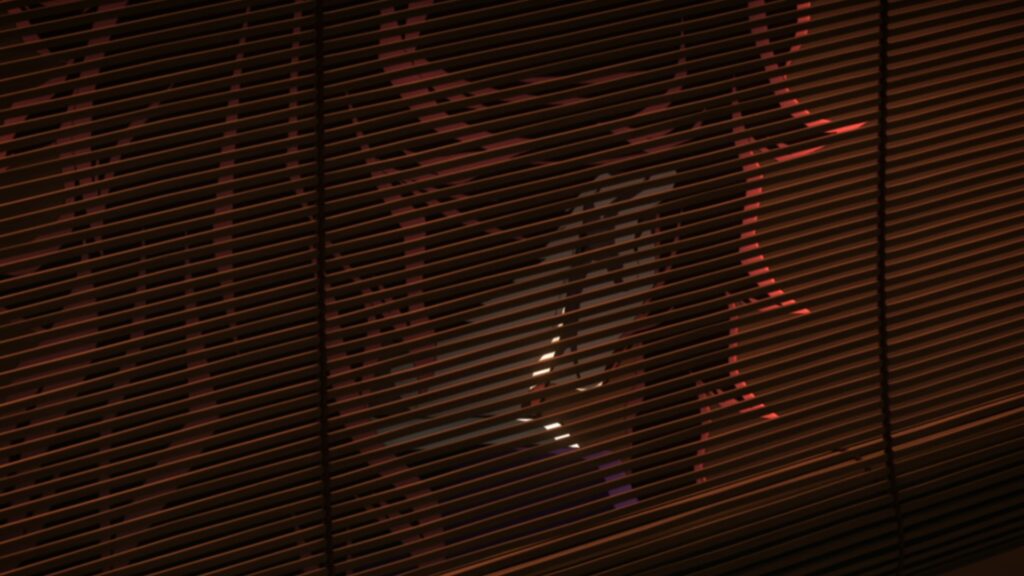
He never shied away from acknowledging the strengths of an opponent, as we witness with Sanemi, Gyomei, and Muichiro. He cared a lot about how others perceived him and had extremely high standards for himself. For that reason, it’s surprising that he was so appreciative of others.
There were also times during his fights when he empathized with his opponents. He could understand people beyond their words and actions. This duality made him interesting. His interactions with the Hashira highlighted how he was willing to accept things for what they were.
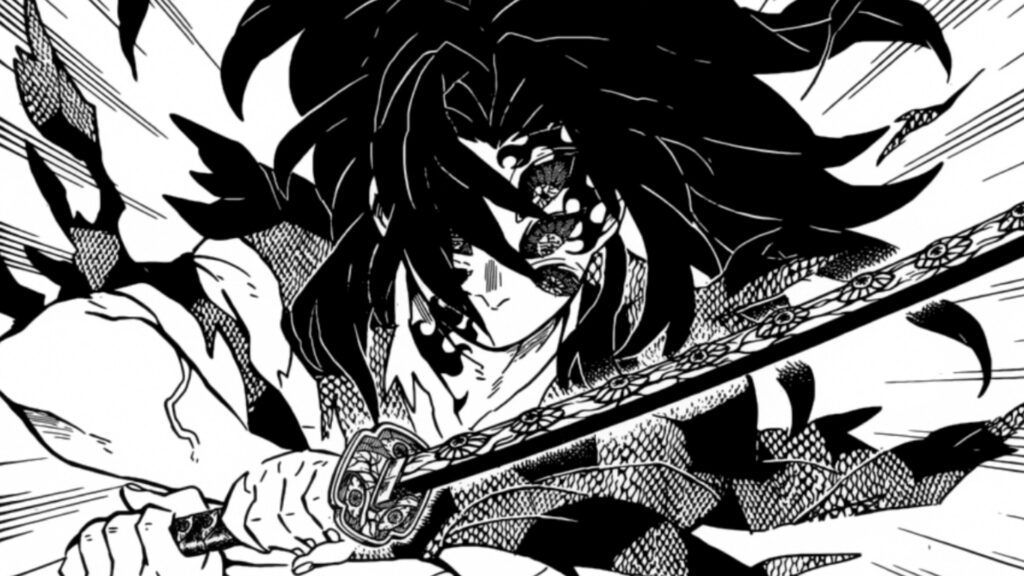
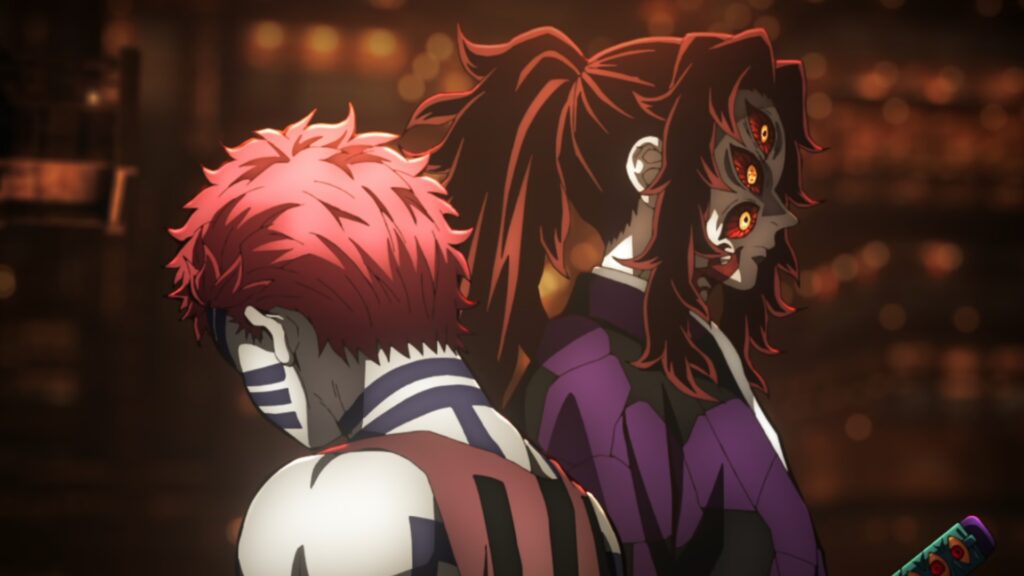
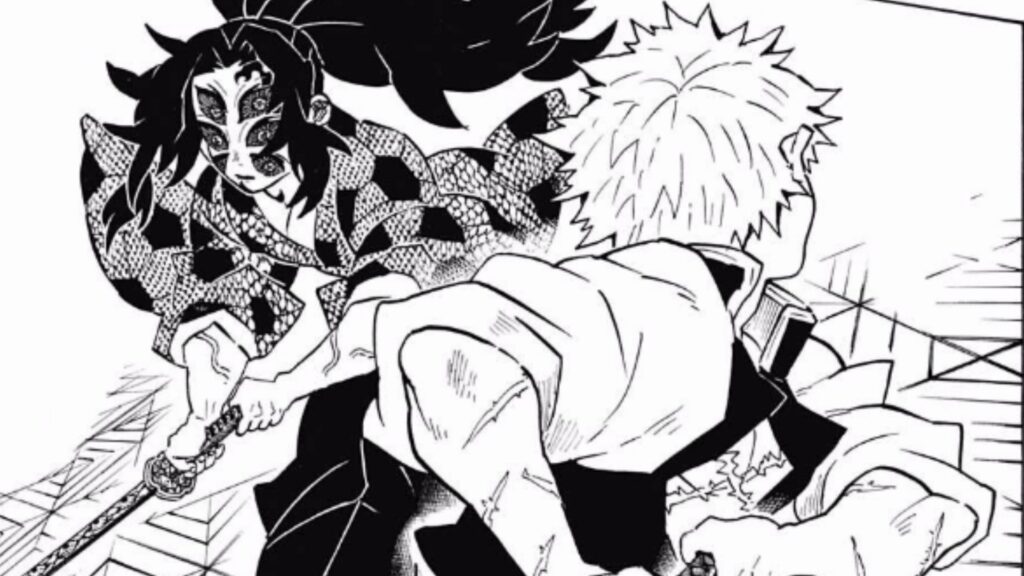
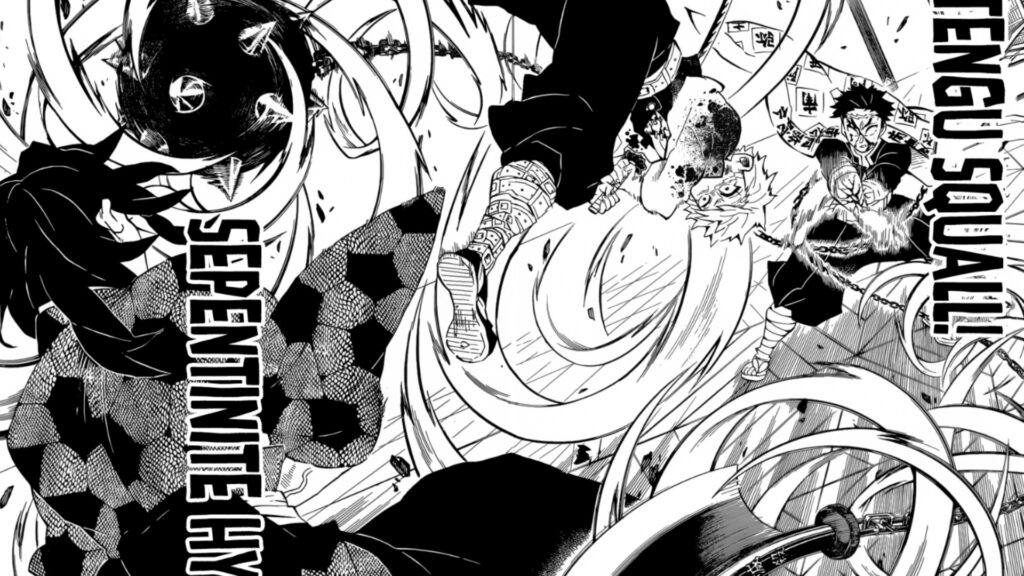
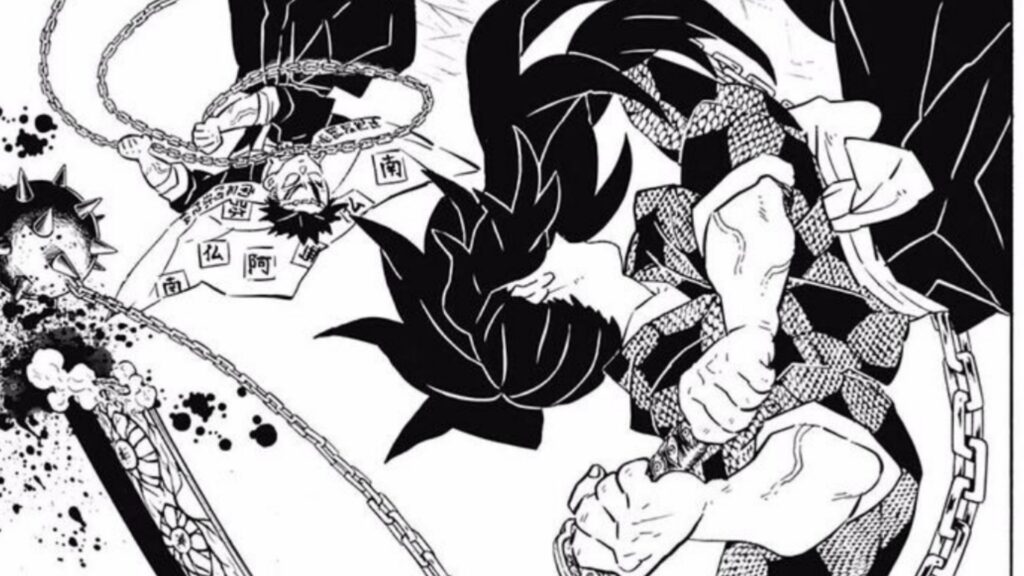
Whereas his brief conversation with Genya showed us how evil he can truly be. He was respectful to everyone he fought, but he was harsher to some, while more cordial towards others in Demon Slayer.
Here’s why Kokushibo is better than most other characters
The best part about Kokushibo’s character is how his character achieved so many things within a short period. His obsession with legacy and power, his inferiority complex, and his complicated feelings towards his brother – all of it was explored quite well within a few chapters.
Even though he was part demon, he could feel human emotions with great intensity. He cared about his brother and loved him deeply. He cherished the memories they shared, and also kept the flute, which was a reminder of it all. His conclusion tied all these aspects together as he realized the futility of the mindless chase.
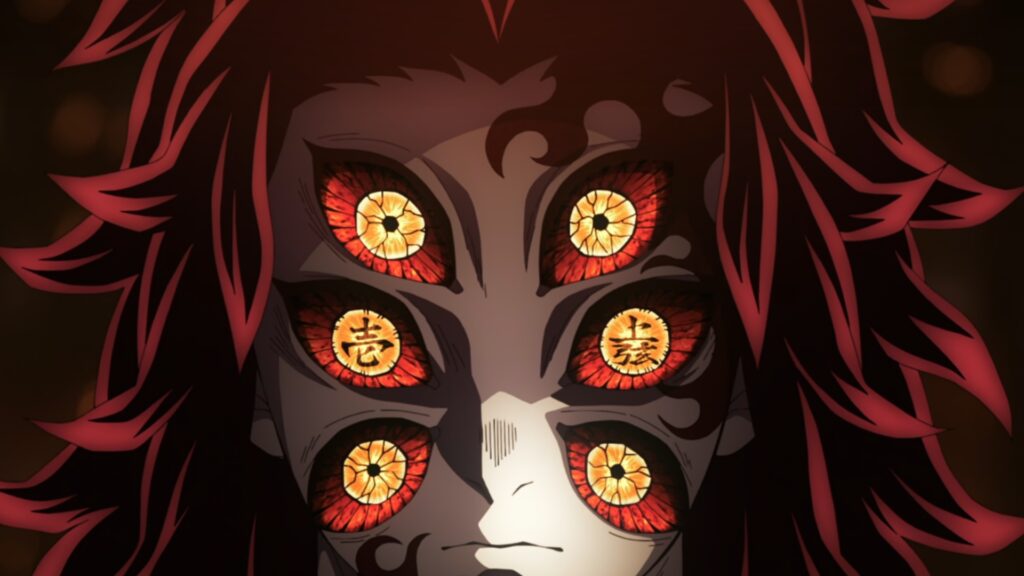
Where most demons in Demon Slayer became one for immortality or power, Kokushibo sought glory more than anything. He wanted to live up to his idea of strength. He grew into a grotesque demon opposed to a strong samurai, who carried himself with grace. In the end, he realized that he was chasing his goal so blindly and desperately that he lost sight of it.
Coming full circle like this made his character arc satisfying and relatable. He achieved everything he wanted to, but he still felt that emptiness. That is simply because he never took a moment to appreciate what he had, which is also something that sets him apart from his brother.
Demon Slayer is currently available to stream on Crunchyroll.
This post belongs to FandomWire and first appeared on FandomWire
